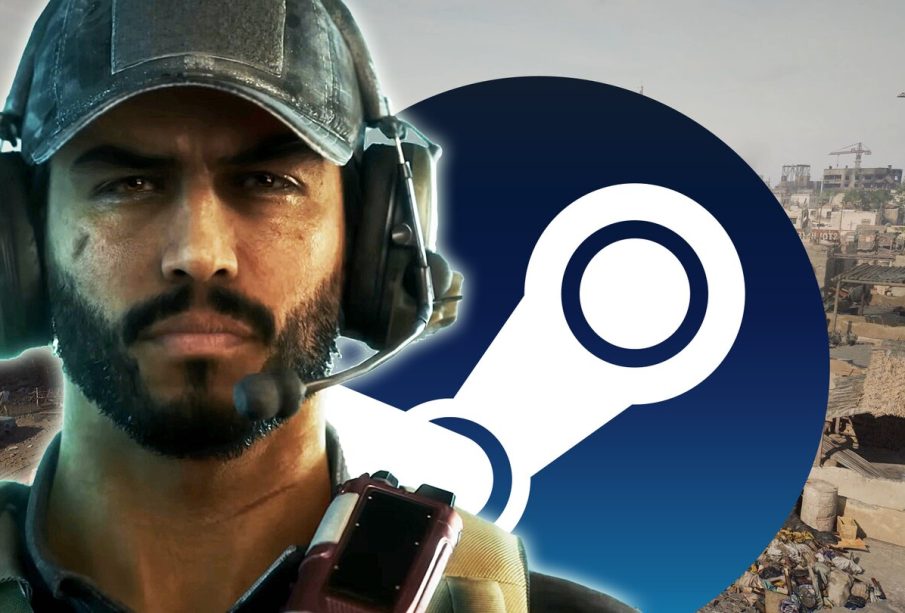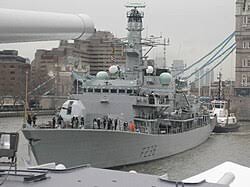The Delta Force Operation: Black Hawk Down Explained

Introduction
The Delta Force operation during the Battle of Mogadishu, commonly known as Black Hawk Down, remains a crucial chapter in military history and a point of discussion regarding U.S. foreign intervention. This incident, which occurred on October 3-4, 1993, highlighted the complexities of urban warfare, the challenges faced by special forces, and the humanitarian crises in Somalia. Its relevance continues as military strategies evolve in modern conflict zones.
Background of the Incident
The operation was part of a broader U.S. military mission aimed at apprehending a warlord, Mohamed Farrah Aidid, whose militia was responsible for widespread famine and violence in Somalia. The mission involved elite U.S. Army Rangers and Delta Force operators, aiming to capture Aidid’s top lieutenants. The plan was to enter Mogadishu, secure the targets, and extract them within an hour, showcasing the capabilities of American military prowess.
The Battle Unfolds
However, the operation quickly descended into chaos. During the mission, two Black Hawk helicopters were shot down, prompting an intense firefight between U.S. forces and Aidid’s militia. The ensuing battle trapped soldiers in hostile territory, leading to a prolonged engagement that lasted around 18 hours. Rangers and Delta operators faced extreme conditions, battling fortified militia members while trying to rescue wounded comrades.
The dramatic events were covered extensively by media, bringing global attention to the U.S. involvement in Somalia. Eighteen American soldiers died, and over 70 were wounded, but hundreds of Somali combatants and civilians also lost their lives.
Aftermath and Significance
The fallout from the Black Hawk Down incident was significant, leading to reevaluation of U.S. engagement strategies in foreign conflicts. It sparked debates on the execution of military operations and the risks involved in special operations in urban settings. The event also paved the way for changes in military tactics and diplomacy, affecting subsequent U.S. operations abroad.
Conclusion
The Delta Force operation in Mogadishu, often referred to simply as Black Hawk Down, serves as a potent reminder of the unpredictability of warfare and the sacrifices made by military personnel. As the U.S. considers its role in global conflicts, the lessons learned from this incident continue to influence military strategies and policies, making it a pivotal moment in modern history.








